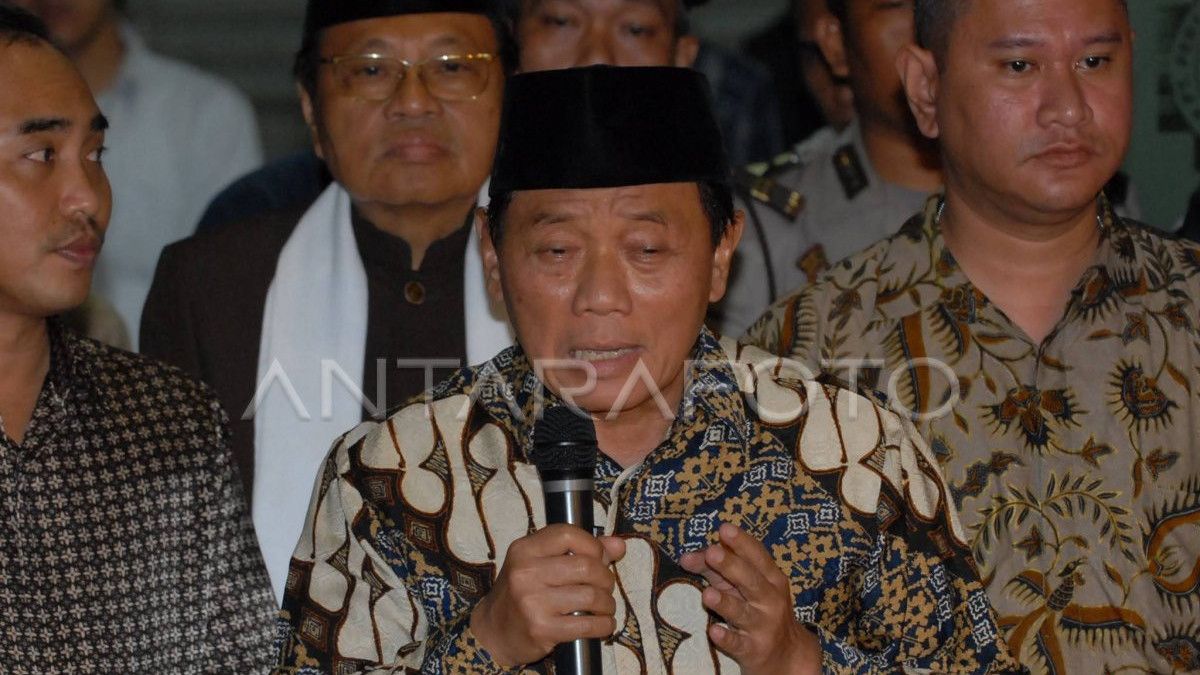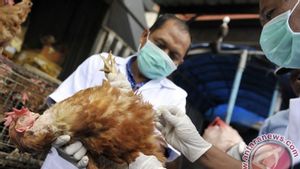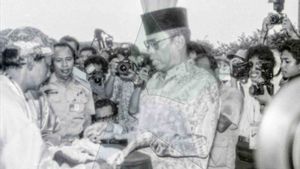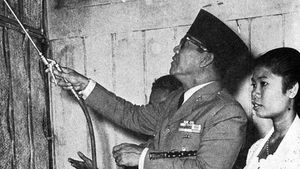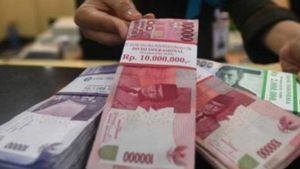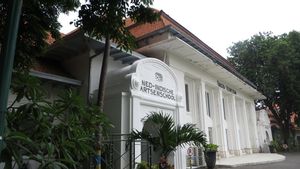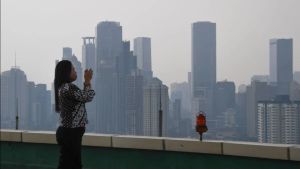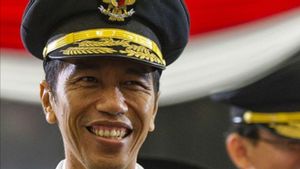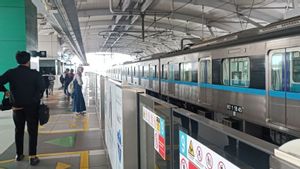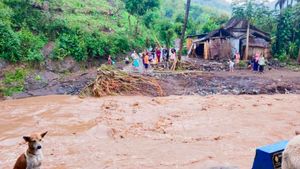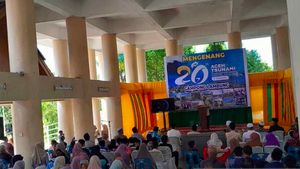JAKARTA – Today's history, 35 years ago, September 20, 1988, the Minister of Information, Harmoko asked the national press to clean up the environment. The cleaning activity in question refers to not employing people with communist ideology.
Previously, hatred of communists grew even greater when the 30 September Movement (G30S) erupted in 1965. The government considered the rebellion to be masterminded by the Indonesian Communist Party (PKI). Therefore, PKI sympathizers were hunted down and arrested.
The G30S rebellion was the toughest period in the history of the Indonesian nation. The kidnapping carried out by the rebels is considered heinous. The entire archipelago condemns the atrocity that took the life of the Army Commander, Lieutenant General Ahmad Yani.
The rest are Army general staff, starting with Major General S. Parman, Major General Mas Tirtodarmo Harjono, Major General R. Suprapto, Brigadier General Soetojo Siswomihardjo, Brigadier General D.I. Panjaitan, and First Lieutenant Pierre Tendean. Kostrad Commander, Lt. Gen. Soeharto took a stand.
He said the PKI was the main mastermind behind the G30S. He carried out resistance against G30S and was successful. Then, he crushed most of the PKI sympathizers. This success made him hailed like a hero. In fact, after that he was able to progress smoothly as Indonesia's number one person.

Since then the PKI and communist ideology have been banned. His sympathizers were hunted down. Someone was killed. Some are in prison without clarity of the legal process. Even if they were free, people affiliated with the PKI would not receive their main rights as Indonesian citizens.
Once a rebel always a rebel. Steps to crack down on PKI sympathizers spread everywhere. Those who were considered to be against the government were often labeled as affiliated with the PKI. The label is like an easy way to punish political opponents and so on. Because being considered part of the PKI is no different than a path to humiliation.
It will be difficult for them to live their lives because they are considered to be part of a banned party. However, the government – through Suharto – refused to be identified as the culprit in the bad treatment of PKI sympathizers. He considers that the government was not behind the crackdown on the PKI, but the Indonesian people.
“There was no memorial built at the Pancasila Sakti Monument for the hundreds of thousands of victims. When mentioning the violence that occurred, on very rare occasions, Soeharto explained it as something that stemmed from conflict in society."
"In a speech in 1971, he presented an analysis of the causes of the murder in one short sentence, Thousands of victims fell in the area because the people acted on their own, as well as because of prejudice between groups that had been instilled over the years by very narrow political practices. "In this way, it is as if the Army did not play any role in organizing the murder of the people, doing it themselves for reasons that had nothing to do with the operation to destroy G30S by the military," explained John Roosa in the book "Excuses for Mass Murders" (2008).

The impact of giving the PKI label everywhere. No company wanted to accept former sympathizers or people accused of being part of the PKI. Because, accepting people is considered the same as digging your own grave.
The government itself did not implicitly prohibit entrepreneurs or press companies from employing PKI sympathizers. However, the government's attitude is different. The New Order (Orba) authorities often asked businessmen and others to clean up the environment from people with communist ideology.
These same words were then echoed by the Minister of Information, Harmoko at the opening of the 31st Plenary Session of the Press Council in Batam on September 20, 1988. Harmoko firmly asked press companies to immediately clean up the environment from those with communist ideology.
اقرأ أيضا:
"Therefore, the national press, as an institution with a high level of strategic importance, is obliged to emphasize the absolute requirement of 'clean environment' for all levels of the national press and the extended family of the national press, including the environment of printing companies and others."
"What we mean by a clean environment is one that is free from communist influences and tendencies. So it is not environmentally clean in the sense that it is not permissible to employ remnants of the G30S/PKI within the mass media and national press family. "But it is clean from people who tend to believe in or support communist ideology," wrote the Indonesian Press Magazine report entitled "The National Press Must Be Environmentally Clean" (1988).
The English, Chinese, Japanese, Arabic, and French versions are automatically generated by the AI. So there may still be inaccuracies in translating, please always see Indonesian as our main language. (system supported by DigitalSiber.id)
